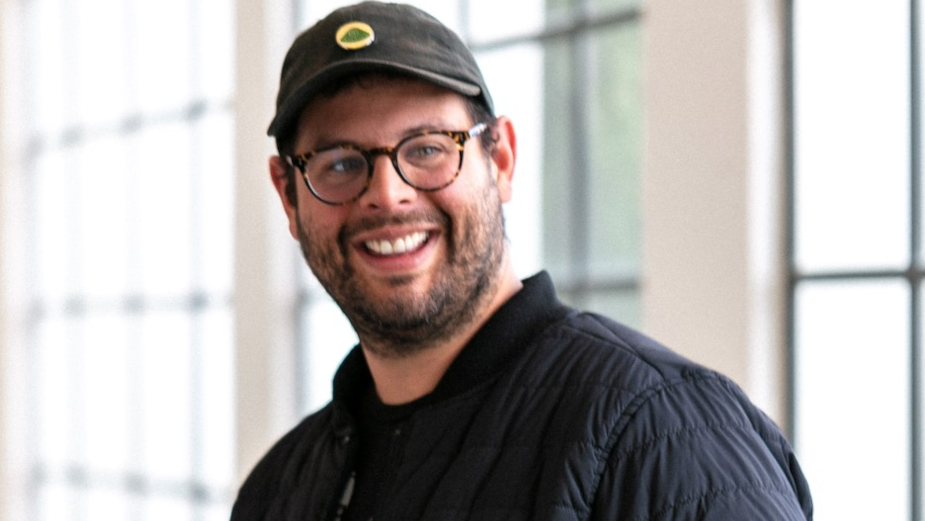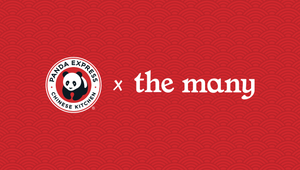
Creative Formula

I cut my teeth at Mullen in Boston, working on jetBlue, US Cellular, Fage - and pitching. A whole lot of pitching. It was normal to be scoped on eight briefs and work 90-hour weeks. Graduating from Miami Ad School prepared me for that kind of workload, anyway. However, my work ethic was primarily fuelled by a contradictory high-octane mix of ego mania and imposter syndrome. I basically threw myself one thousand and ten percent at everything in front of me because I felt I had to constantly prove to myself and to everyone else that I was great.
The result is a bit like using a Labrador as a ball boy at the US Open. On the one hand, love the effort, on the other, there’s probably a better way to do this.
I had matured slightly by the time I’d made it to Ogilvy in New York - a place filled with legendary ad people and built by one too. It was also ridiculously far away from the closest subway station since its building, the so-called 'Chocolate Factory' (note: during my onboarding, they said they could not legally give us chocolate because of the risk of food poisoning), was on the Hudson and the nearest station was Times Square. However, in 2016, that wasn’t so bad because the whole world was united by the phenomenon that was Pokémon Go. Ok, maybe I hadn’t matured that much.
It was here where I had the privilege of working under CD George Tannenbaum on the IBM account. See, there was already a difference here from Mullen. I was on only one client, and we were definitely not going to pitch anything. However, IBM was a beast in and of itself. I found myself just as swamped with briefs and requests.
Seeing that I had that 'dog-in-me' way before that phrase was a thing, George sat me down and gave me advice that has stuck with me for my whole career since. He said, “Use 20% of your energy on the 80% of things that don’t matter and 80% on the 20% of things that do.” I know that the 'things that don’t matter' might confuse some hustle warriors in our industry, but I think another piece of advice given to me by the ECD, Jeff Curry, helps to shine a light on what that means.
In a creative review with him, he said he takes an idea, a piece of copy, or art direction and starts stripping things away. If taking that element away made it worse, he would keep it, but other times, he found that it would make it better to simplify. Sometimes, it wouldn’t make a difference one way or the other. This can be applied to feedback too. You can ask yourself, “Does this feedback make the work better or worse, or does it really not make a difference?”
Advertising is a collaborative creative field that is difficult for myriad reasons. For me, and many others, it can often feel like we are the last line of defence against the ever-diminishing integrity of our ideas. And if you fight every battle, you will not only be exhausted but also have few allies. The '20-80, 80-20' formula forces you to judge opportunities better. You become more effective because your creative energy focuses more on impactful choices. You stop being a Labrador on the court and become the all-pro serving aces.









